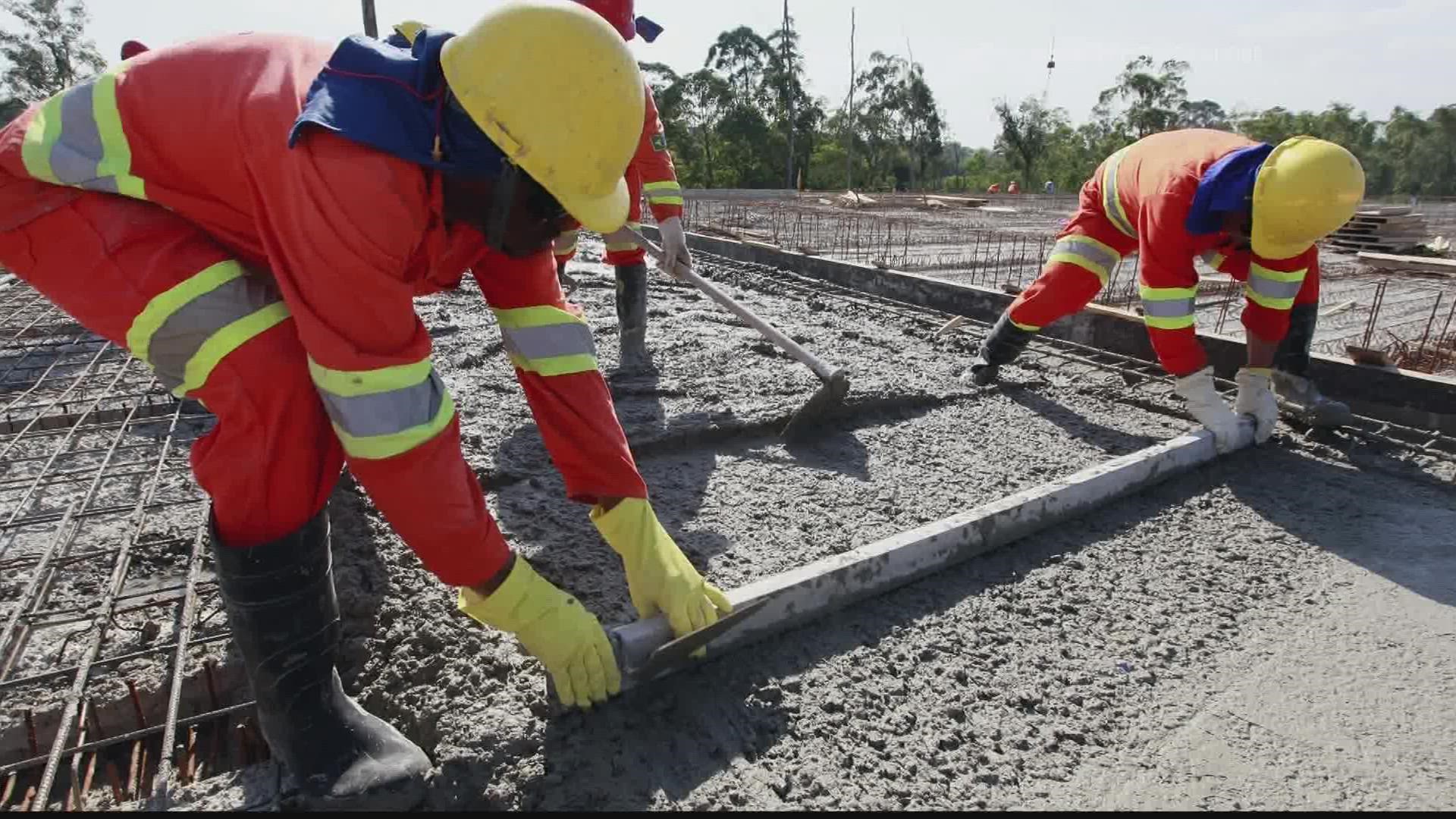ATLANTA — Spring breakers hitting the road Friday may drive past signs telling them to turn off their cell phones, and the reason has nothing to do with distracted driving.
The signs are often found in construction zones, which are abundant throughout Georgia.
11Alive viewer Rick Dexter has driven past signs alerting him to a “blasting zone,” followed by a request for him to turn off his two-way radio and cell phone.
“I don’t have a two-way radio,” Dexter said. “But I never turn off my cell phone. What happens? Does anyone turn off their hand held devices?”
In theory, Georgia Tech’s Dr. Lauren Stewart said a cell phone could set off a blast prematurely.
“The chances of your cell phone doing it is very remote but there is a chance,” Dr. Stewart said.
Stewart said construction crews often use explosives with a blasting cap attached to two long wires. It involves a lot of planning and care to protect construction crews and passing motorists.
An electric signal sent from afar sets off the blast. A stray electric signal could be a problem.
“The wires can act as an antenna and it can send the electricity that’s needed to detonate the cap,” Dr. Stewart said.
Premature blasts have happened when a member of a blasting crew uses a two-way radio.
“Those are people not just driving by,” Dr. Stewart said. “They’re working on site and they brought a radio in.”
It’s unlikely that a cellphone passing by on a nearby roadway would emit enough electricity to trigger a blast. Still, out of an abundance of caution, the U.S. Department of Transportation requires blasting crews to place the “no cell phone” signs near blasting sights.
The Georgia Department of Transportation will often slow or stop traffic if crews blast nearby.
There is a much more considerable risk of setting off a blast from a bolt of lightning, so you shouldn’t see blasting crews at work in stormy weather.

